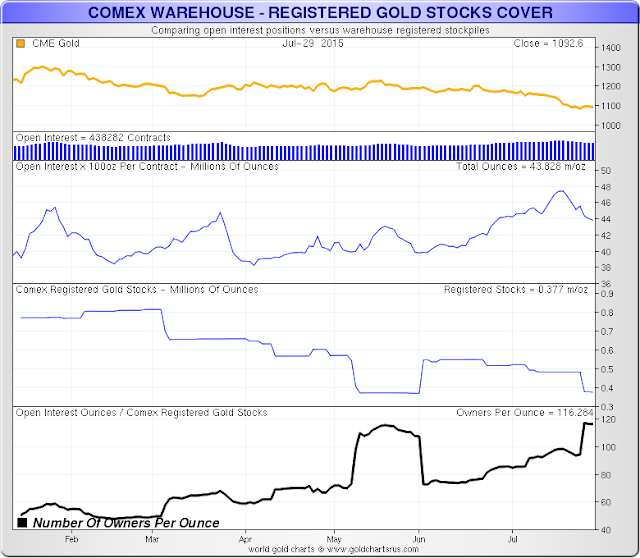You might not have heard about this interview on the mainstream media. It occurred several days ago. Apparently Jimmy is not gleefully participating in the triumphant Clinton-Bush winners road tour and congenial yukfest.
Some, nearing the latter part of their days, tend to feel the weight of their conscience. But certainly not all, especially not those who believe in nothing greater than themselves.
The people are beginning to ask, 'After six years, why is there tremendous profits for those who caused the problems in the first place, but no recovery for the rest of us?'
Transcript:HARTMANN: Our Supreme Court has now said, “unlimited money in politics.” It seems like a violation of principles of democracy. … Your thoughts on that?CARTER: It violates the essence of what made America a great country in its political system. Now it’s just an oligarchy, with unlimited political bribery being the essence of getting the nominations for president or to elect the president. And the same thing applies to governors and U.S. senators and congress members.So now we’ve just seen a complete subversion of our political system as a payoff to major contributors, who want and expect and sometimes get favors for themselves after the election’s over. … The incumbents, Democrats and Republicans, look upon this unlimited money as a great benefit to themselves.
Hat tip for the above to Sam Sacks and especially to Jon Schwarz at The Intercept.




































